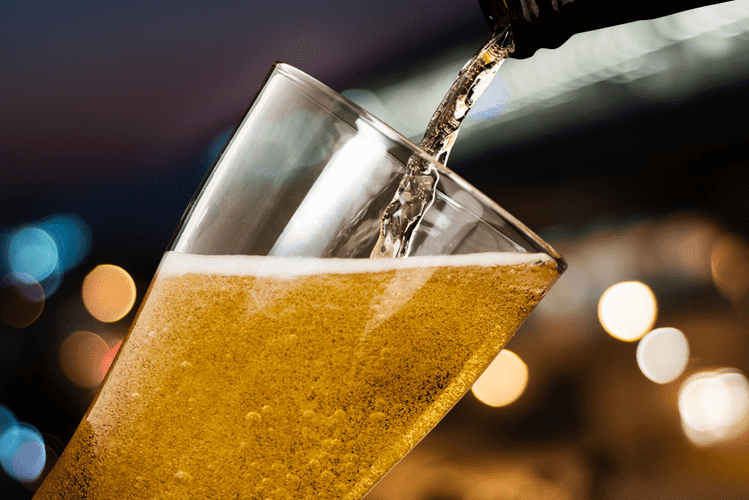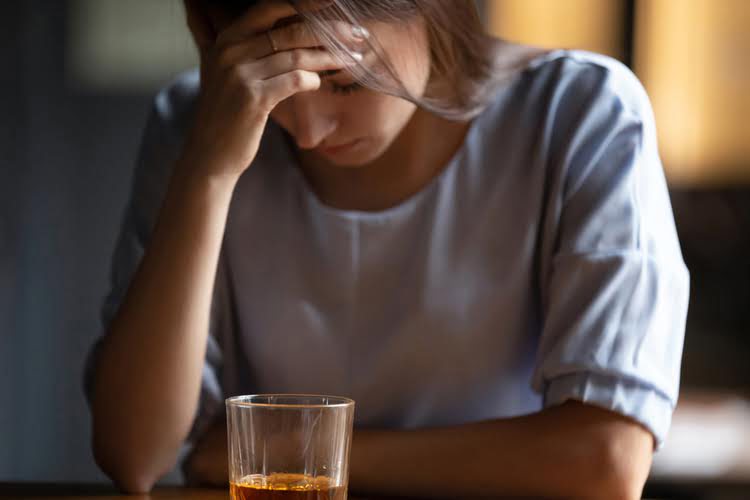Drinking alcohol can lead to serious low blood sugar reactions, especially if you take insulin or types of diabetes pills that stimulate the release of insulin from the pancreas. Alcohol can also affect other medical conditions you may have, like diabetic nerve damage, diabetic eye disease, and high blood triglycerides. https://art-apple.ru/displayimage.php?pos=-3032 Exercise can also increase the risk of hypoglycemia when coupled with other factors, such as drinking alcohol. Doctors strongly encourage people with diabetes to engage in regular physical activity because it reduces blood sugar. However, exercising, drinking alcohol, and taking blood sugar-lowering medication could cause hypoglycemia.
Alcohol and Risk of Low Blood Sugar
Normally, the liver releases glucose to maintain blood sugar levels. But when you drink alcohol, the liver is busy breaking the alcohol down, so it does a poor job of releasing glucose into the bloodstream. This http://www.infopiter.ru/business/bus3.html can lead to a drop in blood sugar levels if you are drinking alcohol on an empty stomach. Hypoglycemia, or low blood sugar, is a key concern for people with diabetes who drink alcohol, especially for those who take insulin or sulfonylureas, a class of diabetes pills.
- This article will review the best and worst alcoholic beverages for blood sugar management, as well as overall health.
- The increase in blood sugar levels gives way to hyperglycemia, or too-high blood sugar.
Risks of Alcohol in Type 2 Diabetes

Most diabetes medications work to lower http://israeli-medicine.ru/page/kardiologi-razvejali-mif-o-polze-krasnogo-vina-dlja-zdorovja-serdca your blood sugar (glucose) levels — and they’re particularly good at the job. Alcohol does the same thing, especially when consumed in larger quantities. Even for people who don’t have diabetes, drinking too much, too often, can be risky. The Centers for Disease Control and Prevention (CDC) and other federal agencies define that as one drink per day or less for women and two drinks per day or less for men. Have a snack or meal as you sip or immediately beforehand to lower the risk of hypoglycemia.
- The important thing to understand, though, is that this presumed benefit is just a theory.
- If you’re having frequent trouble managing your blood sugar levels, you should consider if it’s safe for you to drink alcohol.
- Talk with your doctor before drinking alcohol to make sure alcohol won’t reduce the effectiveness of your medication.
- Drinking too much alcohol (more than three drinks daily), on the other hand, can cause higher blood sugar and A1c levels, according to the American Diabetes Association.
- Excess weight can contribute to the onset of type 2 diabetes, and it can make the condition worse.
- However, with larger amounts of alcohol, serious hypoglycaemia can occur.
General Health
- This is another reason why a person with diabetes needs to be very mindful of how much alcohol you consume.
- Medical experts have determined that even moderate drinking increases health risks for everyone, but for people with diabetes it holds unique short- and long-term dangers.
- Some people also find that drinking alcohol can help to lower their A1c levels.
- Your body converts food into glucose (sugar) that goes into the bloodstream.
- At this point, alcohol can affect blood sugar in ways that are especially important for people with type 2 diabetes.
It can make it drop, especially if you haven’t eaten enough. If you’ve had a big meal and a lot of alcohol, it can also raise your levels too high. Alcohol impairs your liver’s ability to produce glucose, so be sure to know your blood glucose number before you drink an alcoholic beverage. That sort of double impact can cause blood sugar levels to drop to dangerously low levels, a condition known as hypoglycemia.


This article explains how alcohol affects blood sugar levels. It addresses some of the risks as well as some of the benefits of drinking alcohol when you have type 2 diabetes. It also provides guidelines for how to safely include alcohol in a type 2 diabetes diet (if you so choose). Make sure to talk with your healthcare provider about drinking alcohol safely if you are taking any of these types of medications. It is particularly important to be mindful of low blood glucose.
- Sugary cocktails and mixed drinks can raise blood sugars and, if consumed regularly, lead to weight gain.
- People with diabetes who plan on drinking alcohol should check their blood sugar levels before and up to 24 hours after drinking.
- If you’d like to have the occasional drink, talk to your doctor first.
- This is especially true if you’re taking insulin or other diabetes medications that can cause low blood sugars.
- It may be safer to avoid sugary booze — and safer still to avoid any alcohol in the first place.
- There are several styles of beer available, including lager (the most popular), pale ale, pilsner, wheat beer, and India pale ale, to name a few.